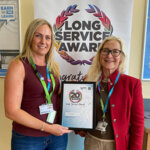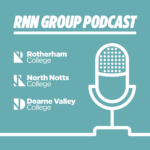College Open Days: 11 Tips for what you as parents and carers should really look out for!
If your young person is starting to think about life after secondary school, chances are you’ll soon find yourself at a college open day.
They’re exciting, often busy events – full of tours, talks, demonstrations and more information than anyone can absorb in one go. But as a parent or carer, what should you be paying attention to?
Here are 11 tips from someone who knows!
Tips – What to look out for at college open days
1. First impressions and atmosphere
You can tell a lot about a college within the first five minutes.
Does the campus feel welcoming? Do staff make themselves available? Are students helping with tours, and do they seem confident and relaxed?
College is a big step towards independence, so you want to feel your young person would be safe, supported and comfortable navigating the environment.
2. Teaching quality and learning style
College learning can look very different from school. Some courses are hands-on and practical; others are lecture-based or heavily independent.
Watch the interactions when you walk into departments:
- Is your young person engaged and asking questions when talking with staff
- Do teachers explain things clearly?
- Does the learning environment feel dynamic rather than staged?
You’re trying to picture your young person here day-to-day – does this style suit them?
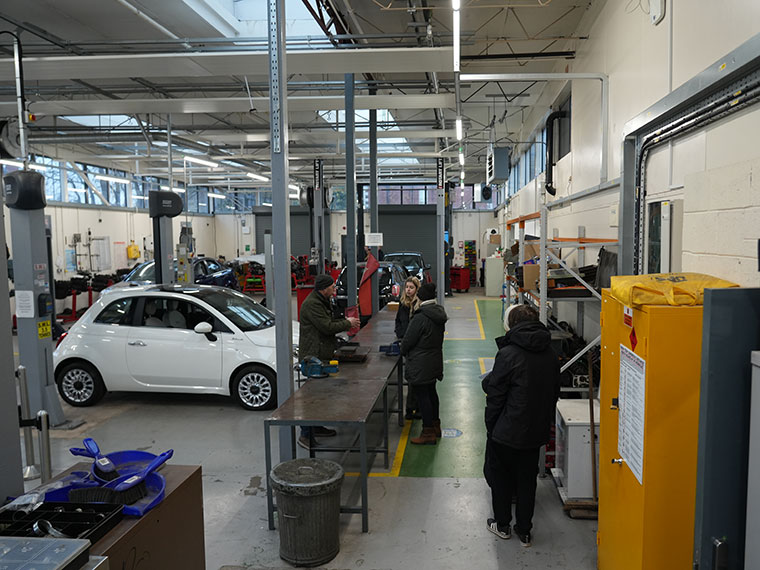
3. Behaviour, safety and support
Every college will say they take safeguarding seriously, but you want to see how this plays out in reality.
Good questions to ask include:
- What support systems exist for wellbeing or mental health?
- How approachable are the pastoral and safeguarding teams?
- What’s the college’s stance on attendance, punctuality and behaviour?
- How do they handle concerns like bullying or online safety
The best colleges combine independence with clear boundaries.
4. SEND and additional support
If your young person has SEND or additional learning needs, make time to speak with the support teams.
Ask about:
- How support is accessed
- What adjustments are available
- How the team works with students to promote independence
- How communication with families works
Further education should stretch and support – not overwhelm.
At RNN Group of Colleges Open Events, ask about our Three Year Skills and Progression Programme, Project Based Learning Course, Additional Learning Support and SEND Promise.
5. Wellbeing and pastoral care
College can be a big emotional shift, even for confident students.
Look for signs that the college genuinely cares about the whole student:
- Are tutors available and engaged?
- Do older students feel known and supported?
- Are there mentoring, counselling, or wellbeing programmes?
- Does the college encourage a balanced approach to study and life?
A healthy pastoral system can make all the difference.
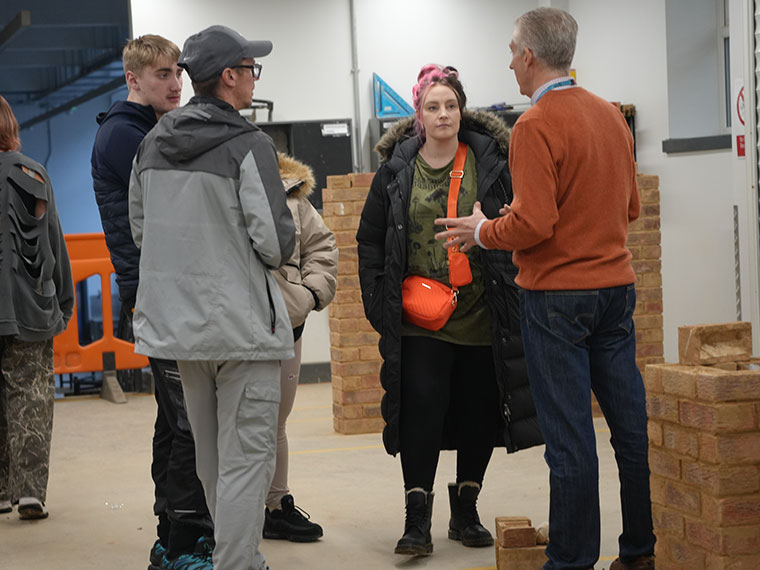
6. Curriculum, pathways and progression
Whether your young person is considering A-levels, T Levels, vocational programmes, BTECS, apprenticeships or a mixture, make sure you understand:
- How the course is taught
- The timetable and workload
- How the college tracks progress
- What destinations students usually go on to (university, employment, higher apprenticeships, etc.)
This is where you can get a sense of whether the course is truly preparing students for the next stage.
7. Extracurricular opportunities
College isn’t just about exams or qualifications; it’s about development of Power Skills for both your young person’s personal and professional worlds, and confidence-building.
Most colleges offer:
- Sports teams
- Creative clubs
- Student societies
- Enrichment programmes
- Trips and volunteering opportunities
These experiences help shape who young people become as adults – not just what they study.
8. Listen to the student ambassadors who will be available
Students are almost always the most honest part of any open day.
Good questions include:
- “What do you like most about the college?”
- “What’s one thing you’d change?”
- “How supported do you feel?”
- “What’s the workload like?”
Their answers will tell you more than any glossy prospectus and you can watch a webinar here on a guide to starting at college for all parents and carers.
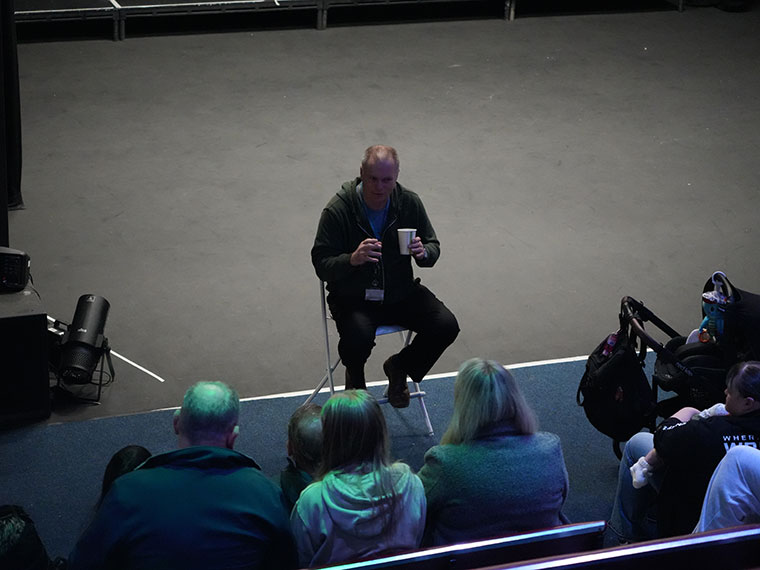
9. Practicalities you don’t want to forget
Sometimes the smaller details matter just as much:
- How easy is the journey?
- Are the campus facilities well-maintained?
- How flexible is the timetable?
- What are the expectations around independent study?
- What does communication with parents/carers look like at college level?
College students have more autonomy, but you still want to know what’s going on.
10. Most importantly: Your young person’s feelings
After all the tours and talks, the real question is this: Can they imagine themselves here?
Their comfort, interest and sense of belonging matter more than any league table ranking. A college can be outstanding on paper but still not the right fit – or it can be quietly excellent in a way that suits your young person perfectly.
11. And then there’s you!
Did you know that colleges do adult courses for you to retrain, upskill and change up your career?
College staff should be talking to you about what’s on offer for you as well! It’s not a well known fact that college caters for adults in a variety of courses and many adults are not open to and don’t know… until they know, but once you have ensured your young person is on the right track, then think about what’s on offer for you!
Information about adult courses
Find out more about our adult courses and support for adults here and by clicking the links below.
Adult courses at Rotherham College
Adult courses at North Notts College
Adult courses at Dearne Valley College



